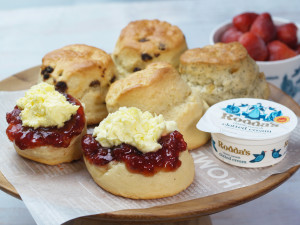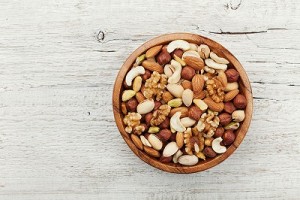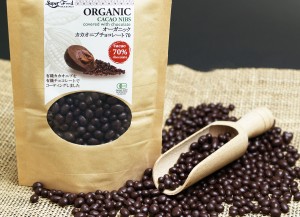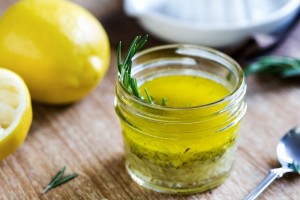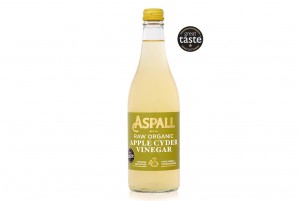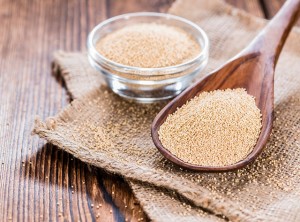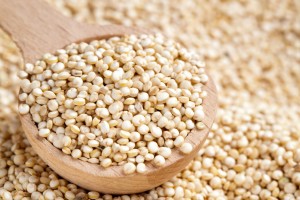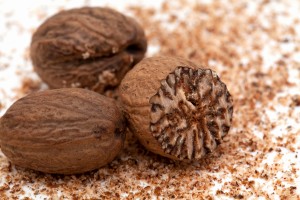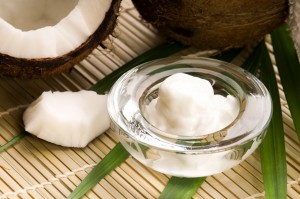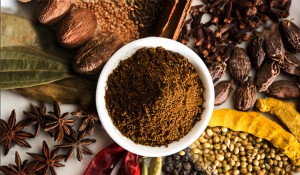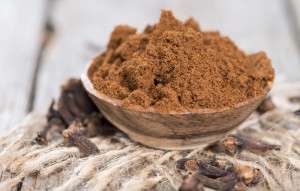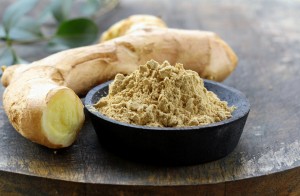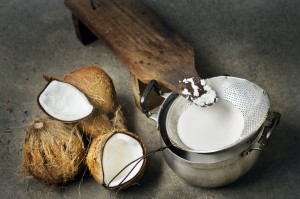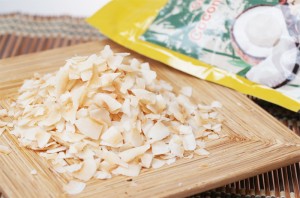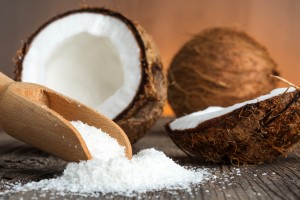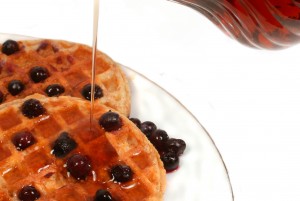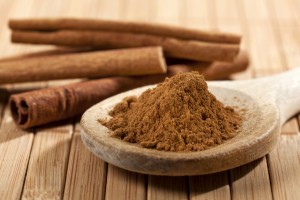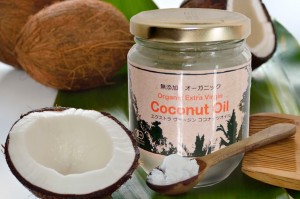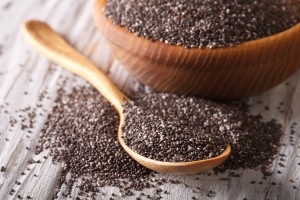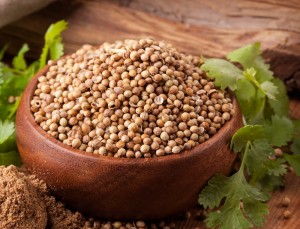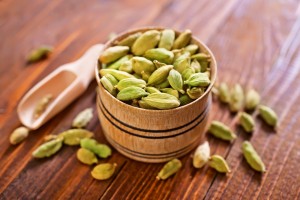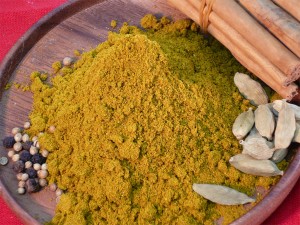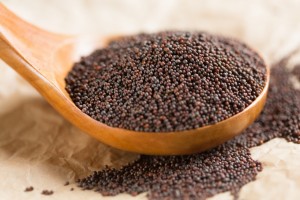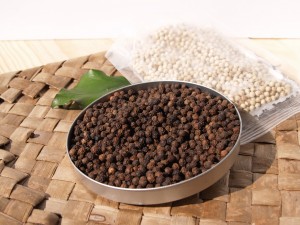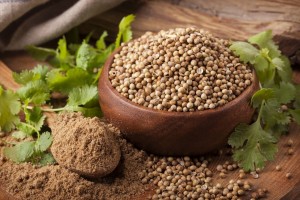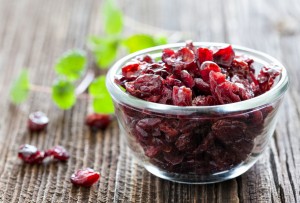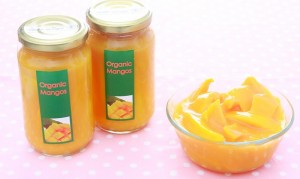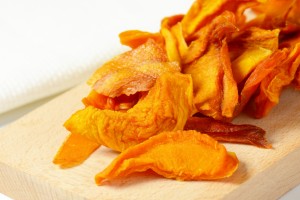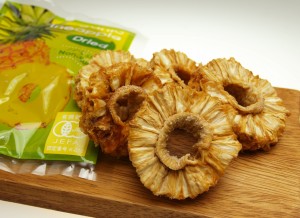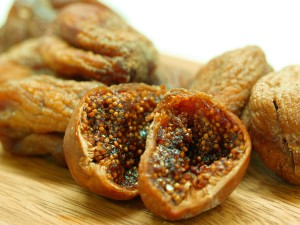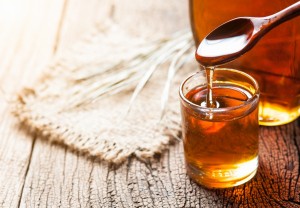Merchandise sales
Business Overview
We are developing a business (planning, development, procurement, production and sales) related to specialised foodstuffs, such as organic foodstuffs, foodstuffs containing outstanding nutrition and ingredients that contribute to human health and beauty, foodstuffs grown using environmentally friendly farming methods, foodstuffs produced using traditional methods handed down from generation to generation in the local area, and foodstuffs that bring shared value and pleasure to producers and consumers alike.
Wholesale
We sell wholesale to retailers, restaurants, hotels and manufacturers the attractive ingredients created by producers around the world and the food products we plan and produce. We also procure foodstuffs from producers around the world on behalf of our customers.
Retails
We deliver our speciality food products directly to customers via EC
Organic certification
In dealing in organic foodstuffs, we are certified by two organic JAS-certified operators, Production Process Managers and Importers.
For more information on their respective roles and Organic JAS, click on the following links.
https://www.maff.go.jp/e/policies/standard/specific/organic_JAS.html
Nick & Orga Organic
This is our original brand "Nick and Orga Organic".
We visited producers around the world ourselves and created it together with the concept of "organic products that can contribute to people's health and beauty".
Reason for naming.
If you swap the positions of Nick and Orga, you get Orga and Nick, and if you remove the And, you get OrgaNick. Japanese people seem to recognise brands with foreign names as luxury products
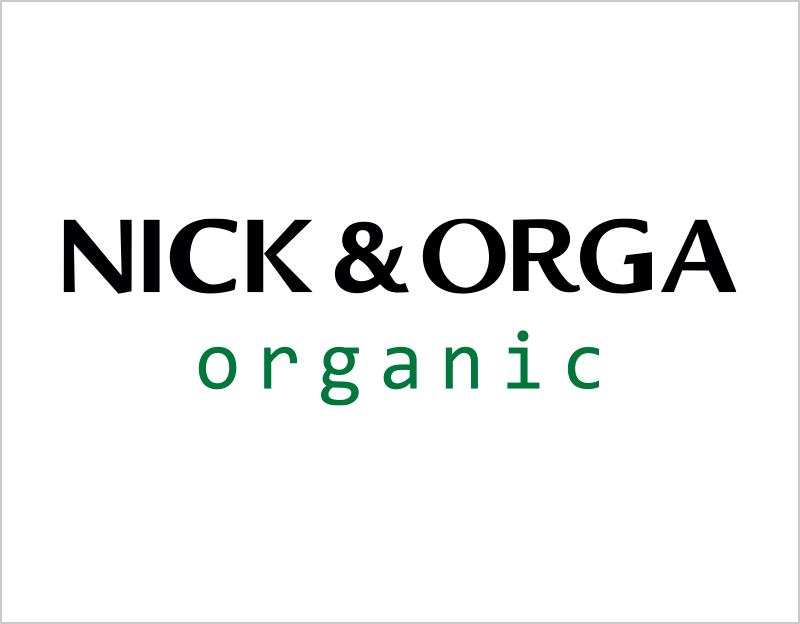
Products

製菓材料
Super foods
Spice
Grain, Nuts, Seed
Dry Fruits
Coconuts
世界の逸品
Quarantine and Distribution information
To growers that are considering product proposals to our company
We welcome your proposals. There are many restrictions on bringing food products in Japan. Below, we put the information about quarantines. Whether your company’s products can be exported to Japan or not, we want you to read it before any proposition.
Food quarantine flow chart (Procedures of Import Notification of Foods and Related Products)
http://www.mhlw.go.jp/english/topics/importedfoods/1-1.html
Inspection Order System
When the examination of the document and information on the sanitary situation of the exporting country, the nature of the food and related items, or the record of incompliance of the similar items in the past, indicates that the concerned food, etc. is highly suspected to violate with the Food Sanitation Law, the inspection order will be issued by the Minister of Health, Labour and Welfare and the import procedure will be suspended until the compliance of the concerned food, etc. is proved. This system is called "Inspection Order System" and the importer is responsible for the cost of the inspection.
The items that are subject for this system are designated in the cabinet order, and detail of each item is specified every year.
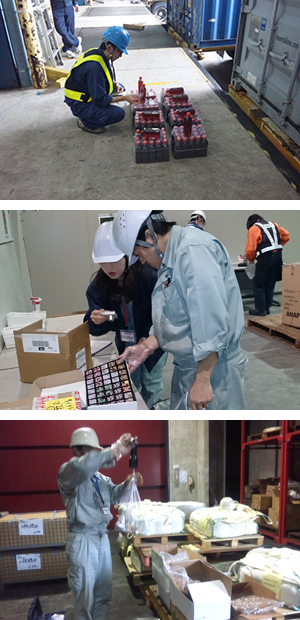
Monitoring Inspection System
"Monitoring inspections" are carried out at the Ministry of Health, Labour and Welfare Quarantine Station for the food and related items that are unlikely to be incompliance with the Food Sanitation Law. Every year, the monitoring inspection system designates the items subject for the monitoring inspections based on the annual import amount and the record of incompliance in the past for each item.
The purpose of the monitoring inspection system is to collect information data on sanitation statuses of the diverse food items that are brought to Japan as well as to promote the smooth distribution of these items. While MHLW food sanitation supervisors carry out sample inspections, the import procedures can be forwarded without waiting for the inspection results.
https://www.mhlw.go.jp/english/topics/importedfoods/index.html
https://www.mhlw.go.jp/stf/seisakunitsuite/bunya/kenkou_iryou/shokuhin/yunyu_kanshi/index_00017.html
Other rules.
MHLW requires processed foods imported into Japan for the first time to submit a ingredients list and a manufacturing process chart. They must be on the manufacturer's letterhead and bear the signature of the person responsible
MHLW requires nuts and dairy products to be voluntarily inspected once a year.
MHLW requires imports of berries from Eastern Europe and beyond to be tested for radioactivity
https://www.mhlw.go.jp/file/06-Seisakujouhou-11130500-Shokuhinanzenbu/160511-1.pdf
All inspections, with the exception of ordered inspections, can be carried out in the exporting country.
Testing facilities must be MHLW-approved laboratories. In addition, the tests must be carried out on the actual goods to be exported. (On arrival in Japan, inspectors are required to check the BL and packing list to ensure that the specimens are the same as the actual imported goods).
https://www.mhlw.go.jp/stf/seisakunitsuite/bunya/kenkou_iryou/shokuhin/yunyu_kanshi/index_00019.html
https://www.mhlw.go.jp/stf/seisakunitsuite/bunya/kenkou_iryou/shokuhin/yunyu_kanshi/index_00017.html
https://www.mhlw.go.jp/english/topics/importedfoods/guideline/01.html
There are many foods in the world that cannot be exported to Japan
Some additives are not permitted for import in Japan. There are restrictions on the amount and use. Need to check before exporting. Please refer to the following links
https://www.mhlw.go.jp/english/topics/foodsafety/positivelist060228/dl/r01_a.pdf
https://www.mhlw.go.jp/stf/seisakunitsuite/bunya/kenkou_iryou/shokuhin/syokuten/index_00012.html
Plant quarantine inspection
When importing unprocessed food products, they must be inspected by the Ministry of Agriculture, Forestry and Fisheries (MAFF) quarantine.
The plants must be accompanied by a phytosanitary certificate or a certified copy of the phytosanitary certificate issued by the NPPO of an exporting country to certify that the plants have been inspected and are considered to be free from quarantine pests.
You must provide an original phytosanitary certificate to be inspected. If you do not pass the inspection, you cannot move to the next stage (customs clearance).
https://www.maff.go.jp/pps/j/information/language_top.html
https://www.maff.go.jp/pps/j/law/houki/shorei/E_Annexed_Table2-2_from_20210428.html
General Food Labeling Requirements
The content to be displayed on Japan’s food labels, are defined by law. For raw components,it should be filled in the order of larger usage. In addition, raw components and additivesare to be filled separately, additives must also be described by purpose. Besides, it ismandatory to indicate the nutritional components.
Where to list additives, how to write allergenic sources, best before dates, etc.
It is best to assume that Japanese food labelling descriptive rules are mostly different from those in your country.
For more information, see the rulebook below
Japan's food labelling system_English (caa.go.jp)
syokuhin_en_011.pdf (caa.go.jp)
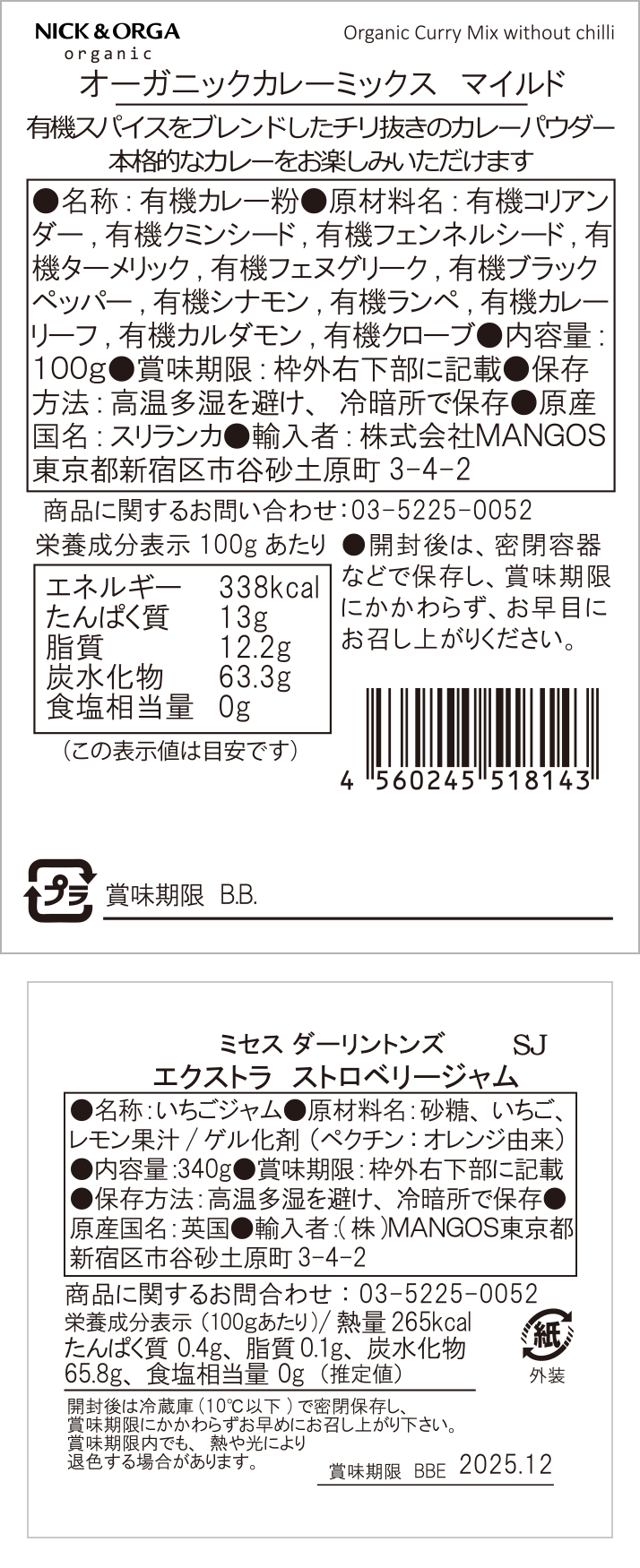
Expiration date Policy
Many Japanses retail's expiration date policy states that all products sold on retails must be good for at least 1/3 of the expiry date remains from the day they are given to the customer. This includes food, supplements, and other perishable items.
For this reason, they only accept goods with more than half of their shelf life left.
In view of the length of time we need to sell our products and the number of transport days to Japan, the shelf life we require from our producers is 2 years.

